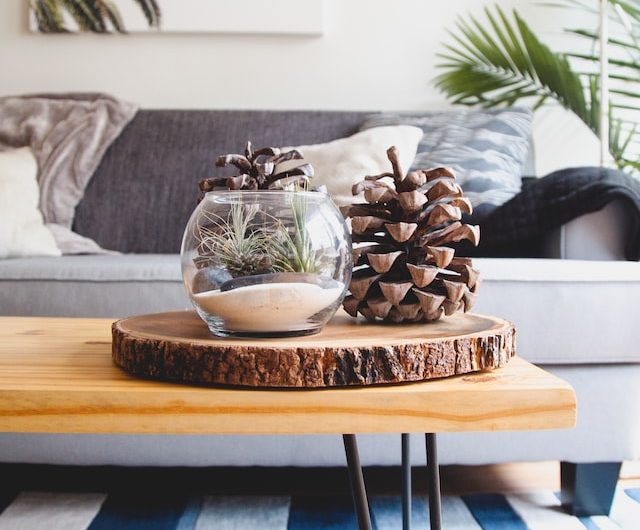
Depression is often thought of in terms of how it affects young people but what is not talked about is how many older people are affected by depression.
According to Mental Health Foundation figures the proportion of over 65s in the UK has grown by 47%, or 18% of the population total. Our society is growing older and while that should be a cause for celebration and contentment the opposite is true for some. Depression is quite common among older people affecting a greater number of women than men and research by the Live-in Care Hub has unearthed several factors which contribute towards the feeling of discontentment, anxiety and depression in older people. One of these is having to move out of their own home – which the Better at Home report covers in more detail.
What Causes Depression?
It can be triggered suddenly by certain events such as money worries, bereavement, family problems or poor health or it can be a lifelong recurring issue. In some it can stem from an inability to cope with normal or unusual life events. The one thing that experts agree is that, whatever triggers it, depression is something which can be understood and managed with the right kind of treatment whether that is talking therapies or medications. One of the benefits of multi-generational living is that it can sometimes help minimise depression.
What is Depression?
It is more than just a feeling of sadness. Many of us experience short bursts of feeling down or melancholic from time to time but depression can manifest itself in different ways for different people and can last for days, weeks or even longer. Symptoms can vary too but here are some of the symptoms which could tell you if your loved one is depressed:
- Disturbances in sleep – sleeping more than usual, or less than usual
- Loss of interest and enjoyment in things, hobbies and places they normally enjoy
- Lack of interest in their appearance
- Being more tired than usual
- Changes in appetite – eating too little or too much
- Loss of confidence with a reluctance to leave the home or see friends
- Being excessively self-critical
- Feeling that their life is/has been pointless
- Feeling suicidal thoughts
How You Can Help Your Loved One
First of all, you must constantly reassure them that feeling depressed or anxious is nothing to be ashamed of or embarrassed about and from the very first consultation with their GP you will be there for them every step of the way. Talking helps a great deal so make sure there is always someone there for them to talk to; both in the home and out of it. Spend time with them and take them on outings you know they will enjoy. Encourage them to join support or friendship groups and offer to accompany them. The GP or care provider will have details of these or contact Mind for information on 0300 123 3393 or info@mind.org.uk.
If you or your loved one’s live-in carer have noticed any of the above symptoms or indeed any changes in demeanour the first port of call should be their GP who can advise on how best to treat the symptoms and restore your loved one to full health.
 Why exercise doesn’t have to mean pain
Why exercise doesn’t have to mean pain  5 Tips on How to Train Your Brain
5 Tips on How to Train Your Brain  Is Your Posture Making You Ill?
Is Your Posture Making You Ill?  Healthy Eating Nutrition Tips for Busy Lifestyles
Healthy Eating Nutrition Tips for Busy Lifestyles  Tech for a Tranquil Mind – Apps and Devices for Mental Wellness
Tech for a Tranquil Mind – Apps and Devices for Mental Wellness  Is it time to embrace Quiet Living?
Is it time to embrace Quiet Living?  Why 2026’s top bloggers are going back to paper planners to spark creativity
Why 2026’s top bloggers are going back to paper planners to spark creativity
1 thought on “Combating Depression in the Elderly”